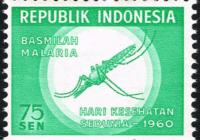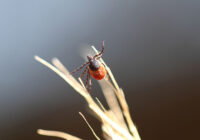Lessons from the successful elimination of trachoma in Togo

In May 2022, Togo was validated by the WHO for a significant milestone: its elimination of trachoma as a public health problem. What can we learn from their success?


